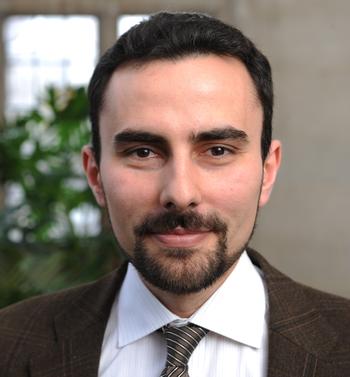Ahmed El Shamsy

University of Chicago
Anti-Philology in the Arabo-Islamic Tradition in the Sixteenth to Nineteenth Centuries
This lecture identifies, describes, and analyzes an epistemic trend that gained significant traction in Arabo-Islamic circles in the sixteenth to nineteenth centuries. This anti-philological trend devalued the methods and skills associated with written intellectual culture, viewing the products of such culture as superficial and prone to doubt. Instead, it relied on an alternative epistemology that prioritized visionary insight, the results of which were deemed superior to what could be achieved through book learning. Ahmed El-Shamsy traces the effects of this approach in various fields of Islamic thought and discusses its influence on the development of Arabic philology.
Ahmed El Shamsy is Associate Professor of Islamic thought at the University of Chicago. He studies the intellectual history of Islam, focusing on the evolution of the classical Islamic disciplines and scholarly culture within their broader historical context. His first book, The Canonization of Islamic Law: A Social and Intellectual History, traces the transformation of Islamic law from a primarily oral tradition to a systematic written discipline in the eighth and ninth centuries. He is now working on his second book, a study of the reinvention of the Islamic scholarly tradition and its textual canon via the printing press in the nineteenth and early twentieth centuries.